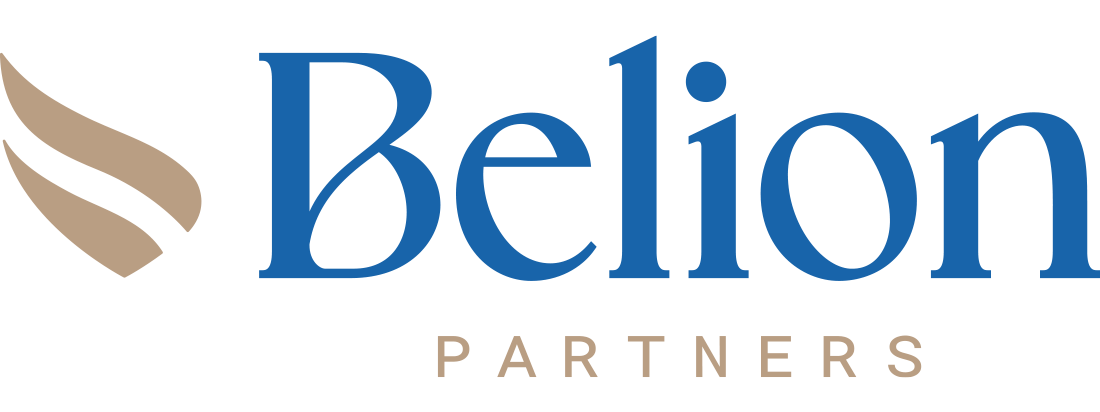Changes to CAE Codes in 2025: What You Need to Know
In a world of continuous evolution, with rapid advancements across numerous fields and daily technological breakthroughs shaping every facet of public life, the government sector also adapts to reflect these changes. In line with this progress, new CAE codes will be introduced next year to more accurately encompass emerging economic activities undertaken by companies and self-employed people in Portugal.
This update, known as CAE Rev. 4, will come into effect in January 2025. In line with this, all businesses and self-employed individuals must revise their CAE codes by the established deadline of 30th November 2024 to ensure compliance. Failure to meet this requirement may result in non-compliance with the new classification. CAE Rev. 4 will officially replace the current CAE Rev. 3 coding structure.
To update CAE codes, companies and self-employed taxpayers currently registered with these codes are required to complete a mandatory survey called IRCAE—Inquérito para Reclassificação das Atividades Económicas (Economic Activities Reclassification Survey). This process is essential for accurately reclassifying economic activities under the new framework.
To provide a thorough understanding of CAE codes and their integral role within Portugal's economic framework, this article offers a detailed overview of all aspects related to CAE classifications.
What Are CAE Codes?
The Classificação Portuguesa de Atividades Económicas (CAE) codes are numerical identifiers used to classify the specific business sector or area of economic activity in which a company or self-employed professional operates. These codes, specifically the CAE Rev. 4, align with the EU’s updated NACE Rev. 2.1 standards, which also take effect in 2025, ensuring consistency across European economic activity classifications.
What Is the Purpose of CAE Codes?
The CAE classification is used for two main purposes:
For taxation purposes: CAE codes enable the Portuguese tax authority to identify the appropriate tax categories for taxpayers and entities. This applies to IRS tax (Imposto sobre o Rendimento das Pessoas Singulares), comparable to the Federal Income Tax in the United States or the Income Tax in the United Kingdom, and IRC tax (Imposto sobre o Rendimento das Pessoas Coletivas), which parallels corporate income tax in the U.S. or corporation tax in the U.K.
For statistical purposes: CAE classifications support Portugal’s national statistical agency, INE, in cataloguing economic activities, akin to the work of the Census Bureau in the US or the UK’s Office for National Statistics (ONS). This facilitates accurate economic activity reporting and analysis, categorising each professional branch based on its precise tax requirements.
For instance, the IRC tax regulations for small to medium-sized companies engaged in industrial activities differ significantly from those applicable to large agricultural enterprises, as well as third-sector organisations.
Which CAE Code Suits My Professional Activity Best?
For both companies and self-employed individuals, possessing a CAE code is a legal requirement. Thankfully, this system is well-structured, making the selection process intuitive. The CAE codes are categorised into 21 sections (labelled A to U), which are further divided into various divisions, groups, classes, and subclasses, ensuring clarity and ease of use.
Is There a Limit to the Number of CAE Codes One Can Use?
Yes, there is a limit to the number of CAE codes a company or self-employed person can have, capped at 20 CAE codes. Additionally, it is mandatory to have a primary CAE, with the remaining codes being secondary CAEs.
Where Can I Find the CAE List?
The CAE List can be accessed on the SICAE (Sistema de Informação da Classificação Portuguesa das Atividades Económicas) webpage.
How Do I Update My CAE Code?
To assist companies and self-employed individuals registered in Portugal with updating their CAE codes from CAE Rev. 3 to CAE Rev. 4, the IRCAE (Survey for the Reclassification of Economic Activities) has been established. Developed by the INE, this survey enables users to review their current CAE codes (CAE Rev. 3) and facilitates the selection of new codes (CAE Rev. 4) that align more accurately with their economic activities.
Please note that completing the CAE code update by the 30th of November 2024 is necessary.
Neglecting to update CAE codes by the deadline may result in administrative challenges or complications with tax authorities in the future. Both businesses and self-employed individuals need to take the necessary actions to comply with this update, thereby ensuring a seamless transition to the new classification system.
Updating CAE codes not only ensures compliance with legal requirements but also guarantees that businesses and self-employed individuals are accurately represented within the evolving landscape of economic activities in Portugal.
If you have questions or need assistance with your CAE code update, or any related matter,
contact us. Our team is ready to provide professional assistance with the IRCAE survey or any specific queries regarding CAE compliance or other related matters.




